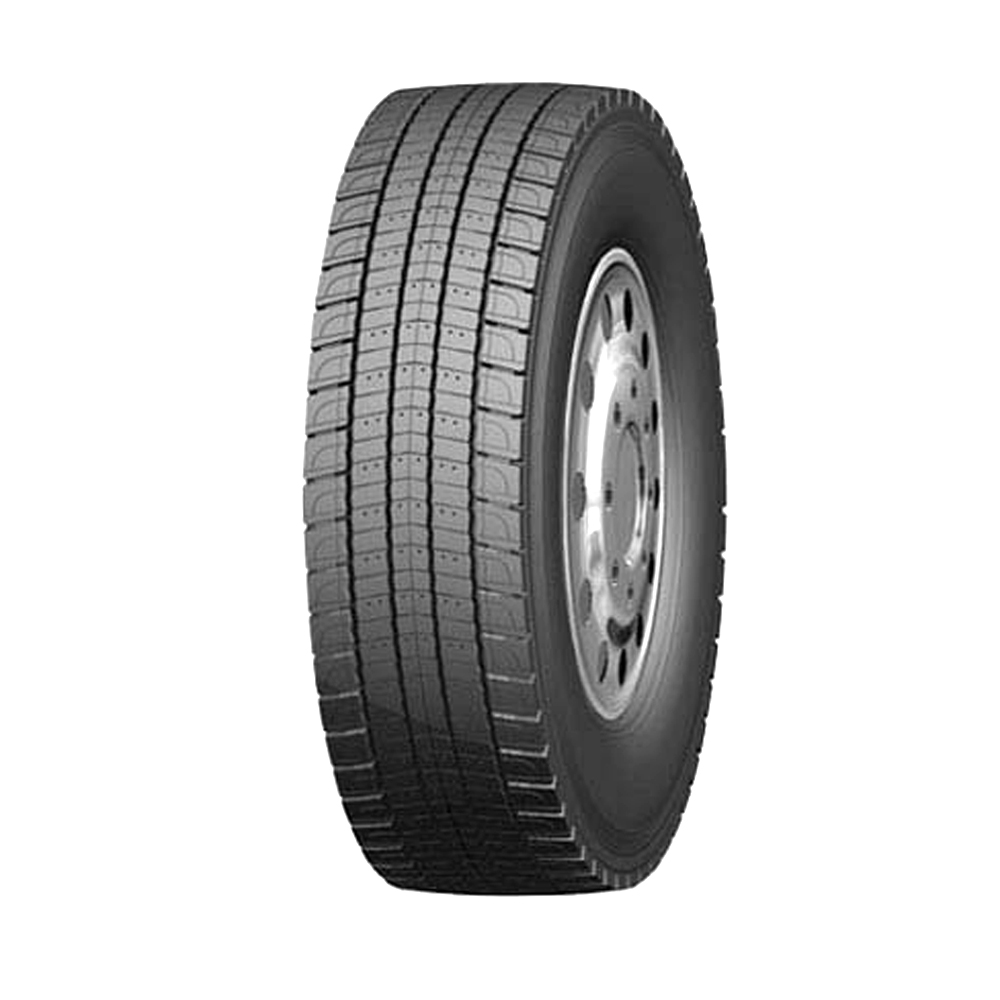As an owner operator, you have multiple hats and are tasked with the seamless operation of your semi-truck. 225/70r19.5 of the most critical aspects to remember is your tire choices. The right tires not just ensure safety on the road but also affect fuel economy, handling, and overall performance. With numerous options available, understanding what makes one tire better suited for your needs than another is crucial for optimizing your investment and keeping your position.
In this piece, we’ll examine what each owner-operator should know about tires for your truck. From selecting top brands for long-distance trips to noticing signs that it’s time for a replacement, we will address a variety of subjects that are important for making informed decisions. You’ll learn how tire choice can influence fuel efficiency, the importance of maintaining proper tire air pressure, and how weather conditions can influence tire performance. Whether you're a seasoned driver or just starting out, understanding these factors will assist you maintain your big rig secure and efficient on the road.
Picking the Best Tyres
Choosing the right tires for your semi-truck is essential for efficiency, safety, and economy. Commence by evaluating your unique needs considering your freight type and the paths you regularly travel. Different loads and driving conditions require different tire features, such as tread layouts and rubber formulations. For extended journeys, for instance, you may prioritize fuel savings and wear durability, while off-road or regional haulers may need tires made for strength in difficult environments.
Weight ratings also have a significant role in tire selection. Each tire has a maximum load threshold printed on its sidewall, which you must adhere to for secure operation. Using tires that cannot handle your truck's weight can lead to premature wear and serious blowouts. Additionally, factor in the climate and typical weather conditions you face throughout your travels. Universal tires may satisfy for temperate climates, but if you regularly navigate snow or slippery roads, buying seasonal tires could substantially enhance traction and security.
Finally, don’t disregard the importance of tire inflated levels and maintenance. Proper inflation is critical for maximizing tire life and fuel efficiency. Routine inspections before journeys can help discover potential issues, like uneven degradation or damage, which could weaken performance. Taking the time to pick the right tires and caring for them properly will ensure more secure travels and decreased operational costs for your semi-truck.
Tire Care and Management
Consistent tire care is crucial for guaranteeing the security and longevity of semi-truck tires. Correct tire inflation must be monitored consistently, as incorrect pressure can lead to increased wear, reduced fuel efficiency, and even blowouts. Utilizing a trustworthy tire pressure monitoring system (TPMS) can help keep track of tire inflation levels and alert drivers of any problems. Additionally, professional wheel balancing and alignment tasks are crucial, as they prevent uneven wear patterns, which can significantly reduce tire life.
Regular inspections before each trip are vital for spotting signs of wear and deterioration. Drivers should look for any visible cracks, blisters, or debris lodged in the tire tread that could compromise the tire's integrity. Checking the depth is equally crucial, as low tread can severely impact traction and braking performance, especially under different weather conditions. Keeping records of tyre conditions and performance can aid in pinpointing recurring issues and inform choices about tire replacements or changes to inflation management.
Finally, knowing and following load ratings and DOT regulations is essential to successfully manage tires effectively. Overloading can lead to great strain on tires, raising the likelihood of malfunction. Keeping abreast of sector standards regarding tyre care and maintenance will not only enhance safety but can also lead to significant cost savings in the long run. Implementing a comprehensive tire maintenance program is an expenditure that pays off through enhanced performance and fewer road incidents.
Innovative Tire Technologies
The development of heavy-duty truck tires has led to the introduction of innovative technologies that enhance safety, effectiveness, and longevity. Smart tire systems integrated with devices monitor tire pressure, temperature, and treadwear in live. This information can be relayed to the operator or fleet manager, enabling for proactive maintenance and lowering the possibility of tire blowouts. Such innovations not only enhance security but can also optimize route planning based on tire efficiency.
Another major advancement is the application of green materials and production processes. Many tire manufacturers are now concentrating on environmentally-friendly practices, producing tires that employ recycled materials while also improving gas economy. These eco-friendly tires often feature low rolling friction, leading to lower fuel usage and reduced emissions. As more trucking companies seek to comply with ecological regulations, these advanced tire options become crucial.
Finally, recap technology has seen substantial advancements, allowing for the recycling of tires while maintaining high performance. Modern retreading processes utilize advanced rubber materials and advanced molding techniques, which ensure retreaded tires can meet the demands of long-haul transportation. This not only extends the life of tires but also provides a cost-effective solution for managing tire costs in a fleet. Adopting these innovations can lead to considerable operational advantages for owner-operators and fleet supervisors alike.

